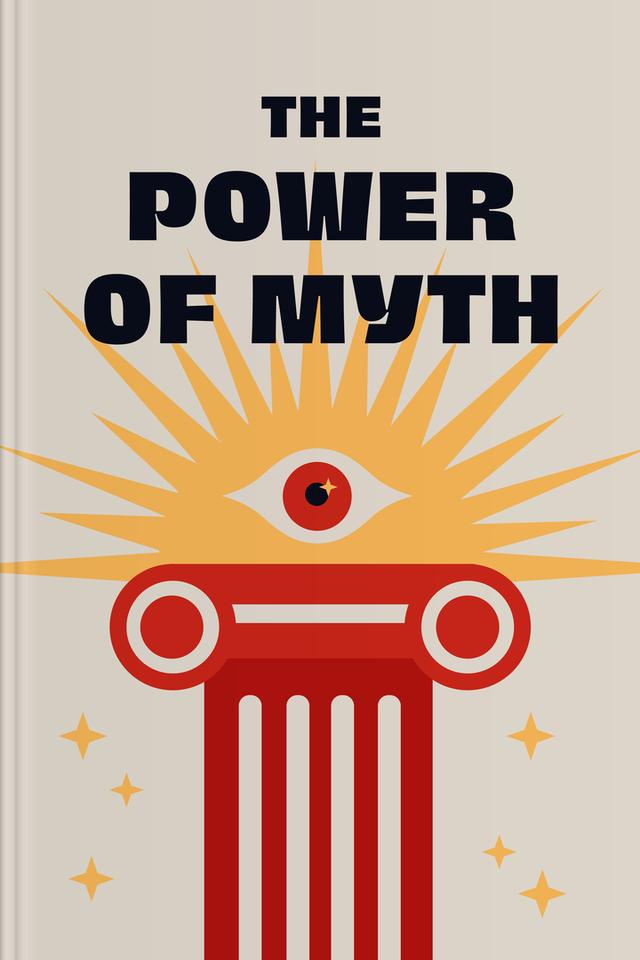You’ll learn
- About the timeless relevance of myths
- Why humans are fascinated with mortality
- How myths shape our understanding of life
- The impact of fables on the modern world
Protect the world’s peace. Donate to support Ukraine

first KEY POINT
Joseph Campbell saw the world through a mythological lens, recognizing universal themes grounded in human needs. We carry out different rituals to express this need. Funerals, for example, help us reestablish the sense of solidarity we have after the passing of a loved one. In our society, judges perform rituals that establish the authority of the law. They customarily wear black magisterial robes instead of other clothing for court sessions.
Whether acknowledged or denied, myths permeate the inner fabric of our belief system like fragments of shattered pottery in an archaeological site. It is through rituals that we channel the energy stored within these mythologies.Filmmaker George Lucas, famed for “Star Wars,” once invited Moyers and Campbell to view the “Star Wars” trilogy at his Skywalker Ranch in California. Campbell was delighted as he observed ancient themes and mythological motifs reimagined in compelling contemporary visuals. In the movie, Campbell saw a new spin on the classic story of the hero.Ultimately, we must rely not on technology or machines but on our intuition to save us. To be a hero is to act in ways to redeem society.Campbell viewed life as an adventure, recognizing that a singular path unfolds within the pages of printed literature. His journey to becoming a leading mythology scholar began in childhood when he visited the Museum of Natural History in New York, where he sought out the stories behind totem poles and masks.Moyers encountered Campbell in his quest to bring the lively minds of the time to television. Having learned from him, Moyers vowed to share the treasure he found from systematically exploring Campbell’s ideas. The following pages delve into some of these ideas.
second KEY POINT
Campbell revealed a joy for learning and living. He believed preachers ought to reveal the radiance of their own discovery rather than trying to talk people into belief. For Campbell, searching for common themes in world mythologies to discover universal principles that guide human behavior was the guiding principle of his work.His quest was not for the meaning of life but for the experience of being alive. Campbell considered mythology “the music of the spheres,” and whether we realize it or not, we dance to it. Our primal ancestors explained the eternal cycle of death, burial, and resurrection through storytelling. They discovered that the core of existence lies in consuming other life forms; this profound insight is the foundation of all mythological narratives.When they shifted from hunting to planting, these ancestors told a different story to interpret the mystery of life. The same theme of death, burial, and resurrection exists in a seed's dying, burial, and germination.

Continue reading with Headway app
Continue readingfirst KEY POINT
second KEY POINT
third KEY POINT
fourth KEY POINT
fifth KEY POINT